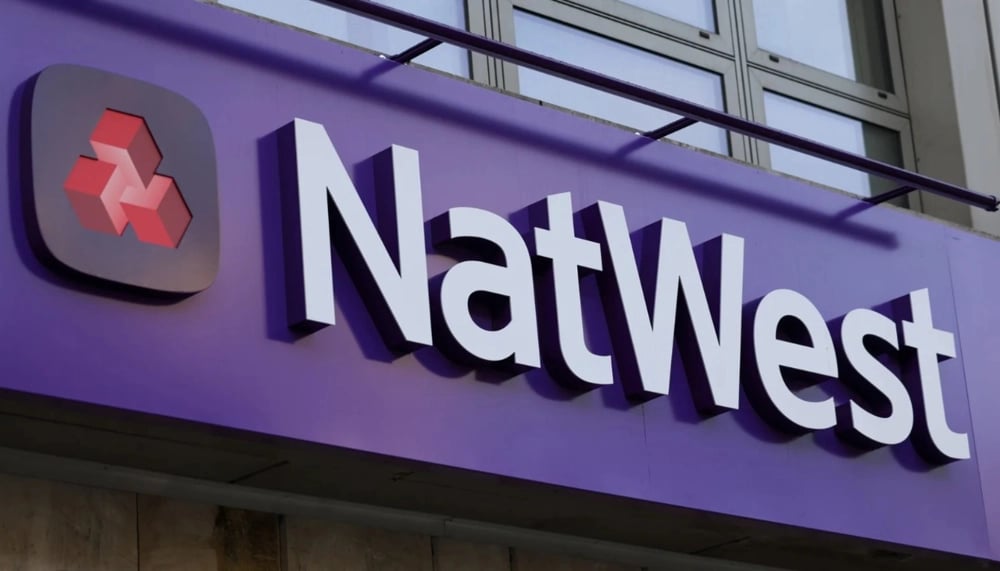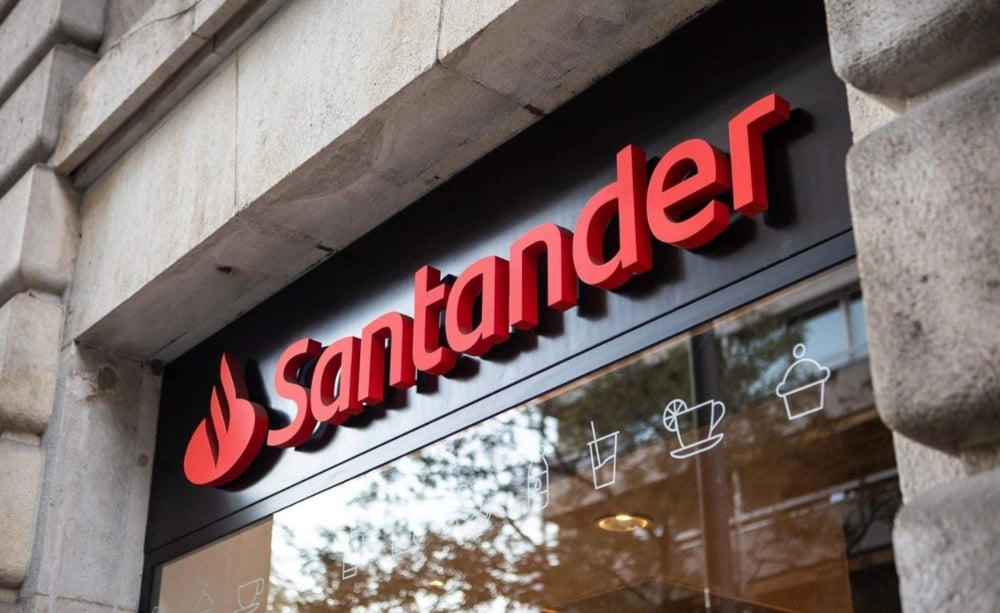Banco Santander Rejects NatWest's Acquisition Bid
This week, financial news reported that Spanish lender Banco Santander SA $SAN has declined an acquisition proposal from NatWest Group Plc $NWG for its UK retail banking operation. The deal, initially valued between £10 billion and £12 billion (approximately $13 billion), was deemed insufficient by Santander.
Reasons for Rejection
According to the Financial Times, the proposed amount was considered too low for Banco Santander’s UK subsidiary. Sources familiar with the matter indicated that NatWest's bid is no longer relevant, confirming the Spanish bank's decision to turn down the offer.
Insufficient Valuation. Banco Santander assessed the offer as unfavorable, suggesting they expect higher valuation for their UK asset.
Strategic Importance. Santander has consistently emphasized that its UK business is a core component of their diversified model, which is designed to deliver sustainable long-term profitability.

Banco Santander’s Position
A representative from the Spanish bank stated, “The UK is not for sale and is a key part of Santander’s diversified business model, which has consistently delivered attractive and sustainable profits over the long term.” This statement underscores Santander's commitment to its UK operations and their strategic significance.
Diversified Business Model
Banco Santander has constructed its business model to minimize risks and capitalize on growth opportunities. Diversification allows the bank to navigate market fluctuations and maintain stable financial growth. Key areas contributing to this include:
Global Presence. Santander operates in multiple countries, reducing reliance on any single market.
Variety of Services. The bank offers a wide range of financial products, including mortgages, credit cards, and investment services.
Focus on Innovation. Santander continuously implements new technologies and services to stay competitive in the market.
Strong Reserve Base. The bank’s financial stability is bolstered by significant reserves, allowing it to address various economic challenges.

Market Expectations
The rejection of the NatWest deal can be viewed as a signal to other potential acquirers that Banco Santander has no intention of selling its assets. This also reflects the bank’s confidence in its prospects and future plans.
Investors and analysts will be closely watching Banco Santander's actions, particularly amid increasing competition in the UK banking sector. It is important to note that such decisions can impact the brand's reputation and its standing with shareholders and clients.
Final Thoughts
Banco Santander's refusal of NatWest’s acquisition proposal highlights its strategic approach to business and a focus on long-term profitability. The financial landscape is perpetually changing, and decisions like the refusal to sell help shape the company’s future.
Given all these factors, Banco Santander is expected to continue its development in the UK market, steadfastly implementing its strategies, which may ultimately have a positive impact on its operations in the long run.















Comments
Santander's rejection highlights their confidence in the UK market's potential.